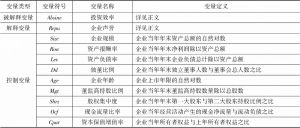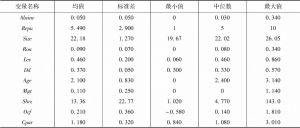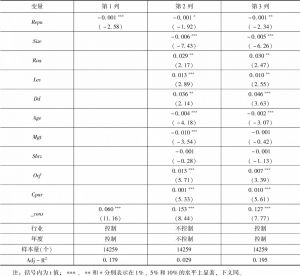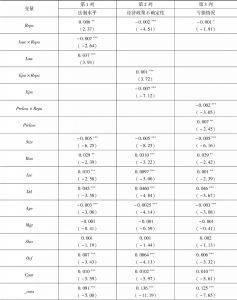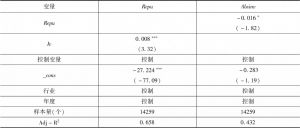论文
企业声誉与投资效率:促进还是抑制
摘要
本文基于“有效契约假说”与“寻租效应假说”两种理论,以2007~2018年我国上市企业为样本,实证检验企业声誉对投资效率的影响。研究发现,拥有良好声誉的企业能够促进投资效率的提高,符合“有效契约假说”。进一步从外部社会条件与内部经营状况的角度考察声誉机制的效果,发现企业声誉对投资效率的改善作用受到法制水平、经济政策不确定性与亏损情况的不同程度影响。本文结论补充和拓展了声誉机制关于“有效契约假说”的研究,亦为利益相关者决策提供了有益参考。
检索正文关键字
论文目录
- 一、引言
- 二、理论分析与研究假设
-
三、研究设计
- (一)样本选择和数据来源
- (二)关键变量的衡量
- 1.投资效率
- 2.企业声誉
- (三)模型设计
-
四、实证检验
- (一)描述性统计
- (二)回归分析
-
五、进一步研究
- (一)法制水平、企业声誉与投资效率
- (二)经济政策不确定性、企业声誉与投资效率
- (三)亏损情况的影响:基于经营状况的分析
-
六、稳健性检验
- (一)内生性问题
- (二)关键变量替代度量
- 七、研究结论与政策建议
查看更多>>>


